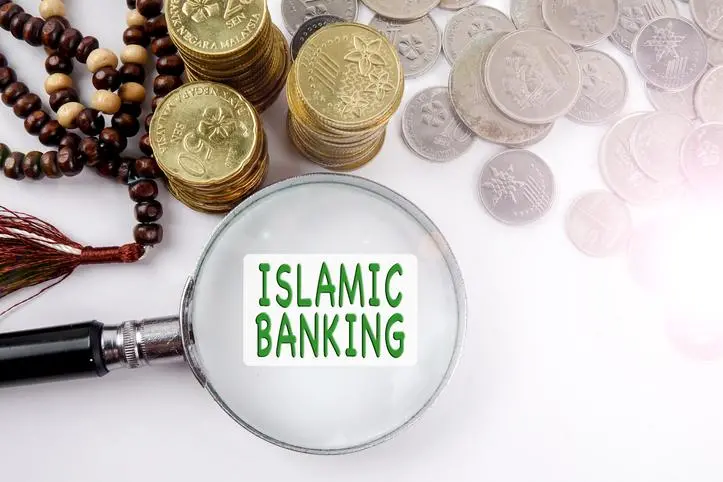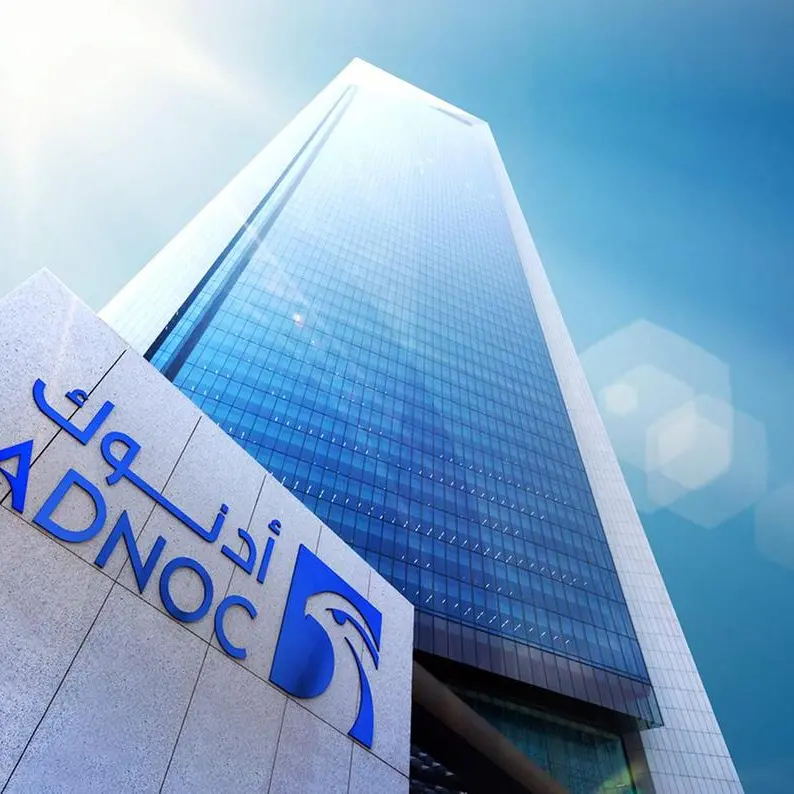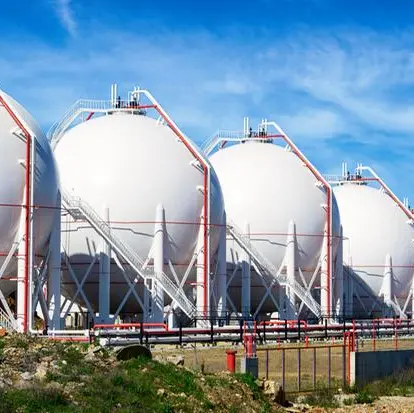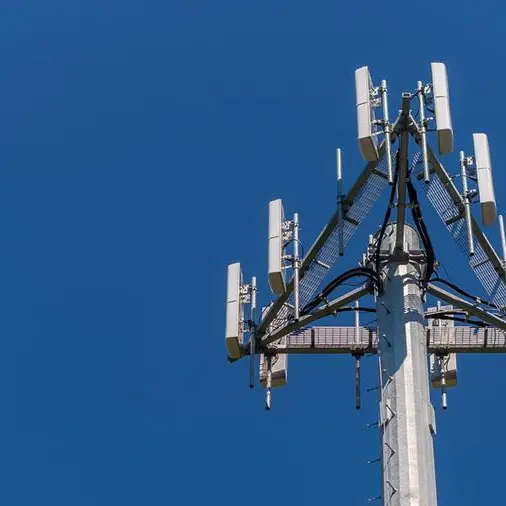PHOTO
UAE - The $2.5 trillion global Islamic finance industry is on course to return to slow growth in 2021 after recovering from Covid-imposed lockdowns and subsequent recessions in core Islamic finance countries, S&P Global Ratings said.
"The significant slowdown of core Islamic finance economies in 2020, because of measures implemented by various governments to contain the Covid-19 pandemic, and the expected mild recovery in 2021, explain our expectations," Mohamed Damak, analyst at S&P, said in a report released on Wednesday.
The report said Covid-19 offers an opportunity for more integrated and transformative growth with a higher degree of standardisation, stronger focus on the industry's social role. "We expect the Islamic finance industry to show low-to-mid-single-digit growth in 2020-21 after 11.4 per cent in 2019 following strong sukuk market performance."
"We project the volume of issuance will reach $100 billion in 2020 compared with $162 billion in 2019 - when Turkey, returning GCC issuers, Malaysia and Indonesia supported the market," said Damak. The sukuk market was, in fact, poised for good performance in 2020 but the pandemic and lower oil prices changed the outlook, he said.
"The growing global uptake for the Islamic economy in light of the current circumstances is testament to the vision of His Highness Sheikh Mohammed bin Rashid Al Maktoum, Vice-President and Prime Minister of the UAE and Ruler of Dubai, who launched the Dubai: Capital of the Islamic Economy initiative in 2013. The initiative harnessed Dubai's advantages to enhance the growth of the sector and explore opportunities that contribute to its global sustainability," said Sultan bin Saeed Al Mansouri, chairman of the Dubai Islamic Economy Development Centre.
The S&P report said coordination between different stakeholders is key to the Islamic finance industry leveraging these opportunities for sustainable growth.
"At the same time, we see an opportunity in the current environment for accelerating and unlocking the long term potential of the industry," said Damak.
"Stakeholders are realising the importance of standardisation as government coffers are depleted and access to sukuk remains time consuming and more complicated than conventional instruments. Lockdown measures have also shown the importance of leveraging technology and creating a nimbler industry."
The rating agency expects Islamic banking to show at best stable total assets or low-single-digit growth. This follows a 6.6 per cent growth in 2019 thanks to good performance in the GCC, Malaysia and, to a lesser extent, Turkey and Indonesia, but a declining contribution from Iran amid the deep recession reported by the IMF.
"In 2020, we expect a slowdown spurred primarily by measures implemented by various governments to control the Covid-19 pandemic. This slowdown will be somewhat counterbalanced by strong liquidity injections from various central banks to help their banking systems navigate the difficult environment."
However, this, together with complexity and lower investor appetite, will contribute to a sukuk market slowdown in 2020.
According to the last State of the Global Islamic Economy Report, Muslims spent $2.2 trillion in 2018 across the food, pharmaceutical and lifestyle sectors that are impacted by Islamic faith-inspired ethical consumption needs. Per the report Islamic finance is the largest sector at $2.5 trillion, followed by halal food, which totalled $1.4 trillion last year.
While Malaysia topped in the Islamic finance and Muslim-friendly travel categories, the UAE led in the five other sectors, including halal food and modest fashion.
Spending in the six consumer sectors in Islamic economies grew 5.2 per cent in 2018 year-on-year and is expected to grow at a compound annual growth rate of 6.2 per cent over the next five years.Islamic finance assets are expected to grow at a 5.5 per cent CAGR to hit $3.4 trillion during the same period.
Copyright © 2020 Khaleej Times. All Rights Reserved. Provided by SyndiGate Media Inc. (Syndigate.info).





















